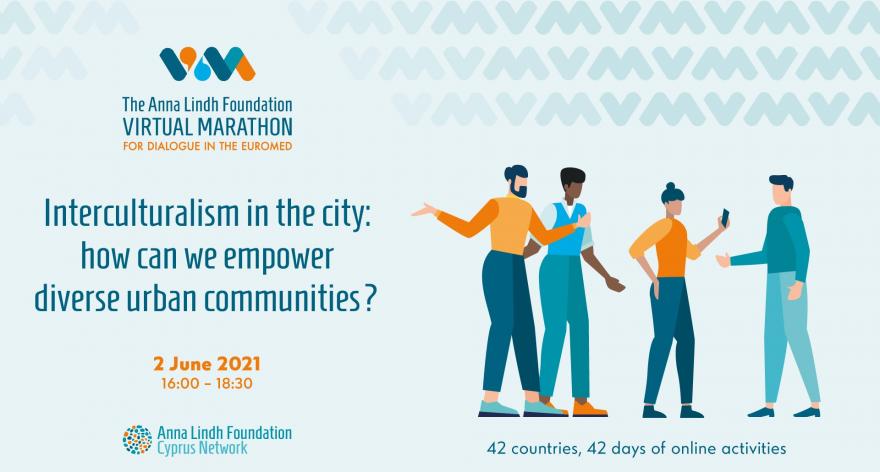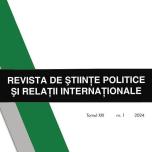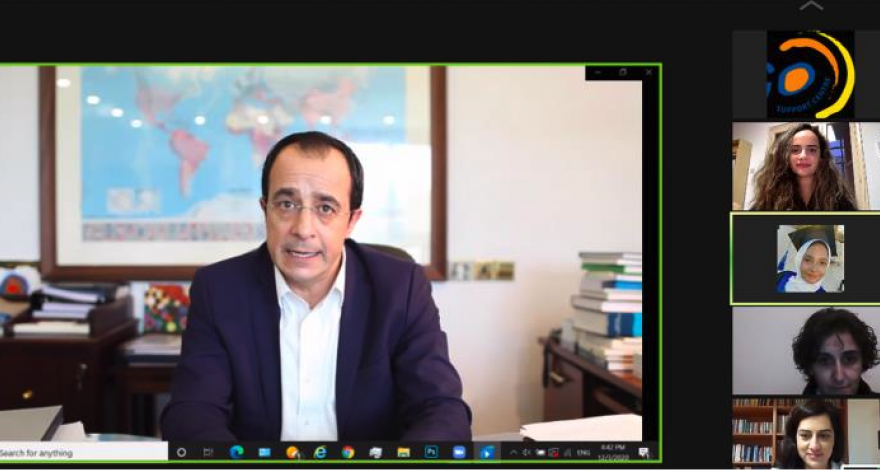Some projects/activities carried out: (Actions concerning landscape issues are noted separately) Implementation of the Laona Project (Phases I to IV) 1989-94, funded by MEDSPA-LIFE Programmes and other donors. Organisation and implementation of a one-week study visit for an NGO group from Nepal, to study the effects of mass tourism and understand agrotourism, funded by the Sheepdrove Trust, U.K, 1998. Study visit to Xanthe, in Northern Greece to study the potential for encouraging restoration of the old part of town, funded by the Leventis Foundation, 1998 Preparation and delivery of a seminar on cooperation with local communities as well as a site visit for the Cultural Anthropology Department of Frankfurt University, 1999. The River Valleys (Kiládes) Project, a sustainable management plan for the Riverine Communities of Eastern Paphos, funded by LIFE ’99 and other donors. This project aimed to assist the regeneration of seven communities by enhancing their natural and cultural heritage, 1999-2002. Bipartite cooperation between eastern Paphos and Sitia in Crete, for sustainable development and eco-tourism, funded by the Greek Ministry of Planning and Environment, 2001-2002. Experimental introduction of training on Quantitative Decision Modelling for rural land uses. A bi- communal project involving Greek and Turkish Cypriots, funded by UNOPS, 2004. The role of the LEADER programme and Local Action Groups in Rural Development, conference co-organised with the EU Commission, The Ministry of Agriculture, Natural Resources and Environment of Cyprus, and the European Landowners’ Organisation (ELO), 2005. Sustainable Rehabilitation of abandoned Mines and Quarries, bi-communal project funded by UN, 2008-09 involving a Think Tank with experts from both communities. Mapping of Cultural elements in the Cypriot landscape, funded by Department of Town Planning, 2010-11 Training of Young farmers in biodiversity issues, funded by the Department of Agriculture, 2011, Promoting Phytiotiko weaving in cooperation with Phyti community. A series of activities starting in 2011 involving filming of the weaving process, discussions with the community, a seminar in cooperation with Frederick University in 2013, and securing the inclusion of phytiotiko on our National List of Intangible Heritage, in line with UNESCO procedure. Landscape actions: Production of the first Landscape map of Cyprus, in cooperation with the University of Reading, and presentation to the involved government departments of the Ministry of Interior, 2008. Workshop on the European Landscape Convention co-organised with the Cyprus Department of Town Planning and Housing to introduce the Convention to technocrats involved in its implementation, 2005. Round-Table discussion on Landscape identification for technocrats led by Professor Carys Swanwick of Sheffield University, 2006. Workshop on Landscape Character Assessment led by specialist from Reading University, 2007. Developing a cultural Landscape map of Cyprus, 2011 Coordination of Medscapes Project (Greece, Cyprus, Jordan, Lebanon) to develop a common methodology for mapping landscape in the Eastern Mediterranean. Funding by European Neighbourhood and Partnership Instrument (ENPI) Sponsoring Cypriot participation in the 2016 World Conference of ITLA (International Alliance of Terraced Landscapes) which has led to setting up a Think Tank on the potential utilisation of abandoned terraces (2015 on-going)



